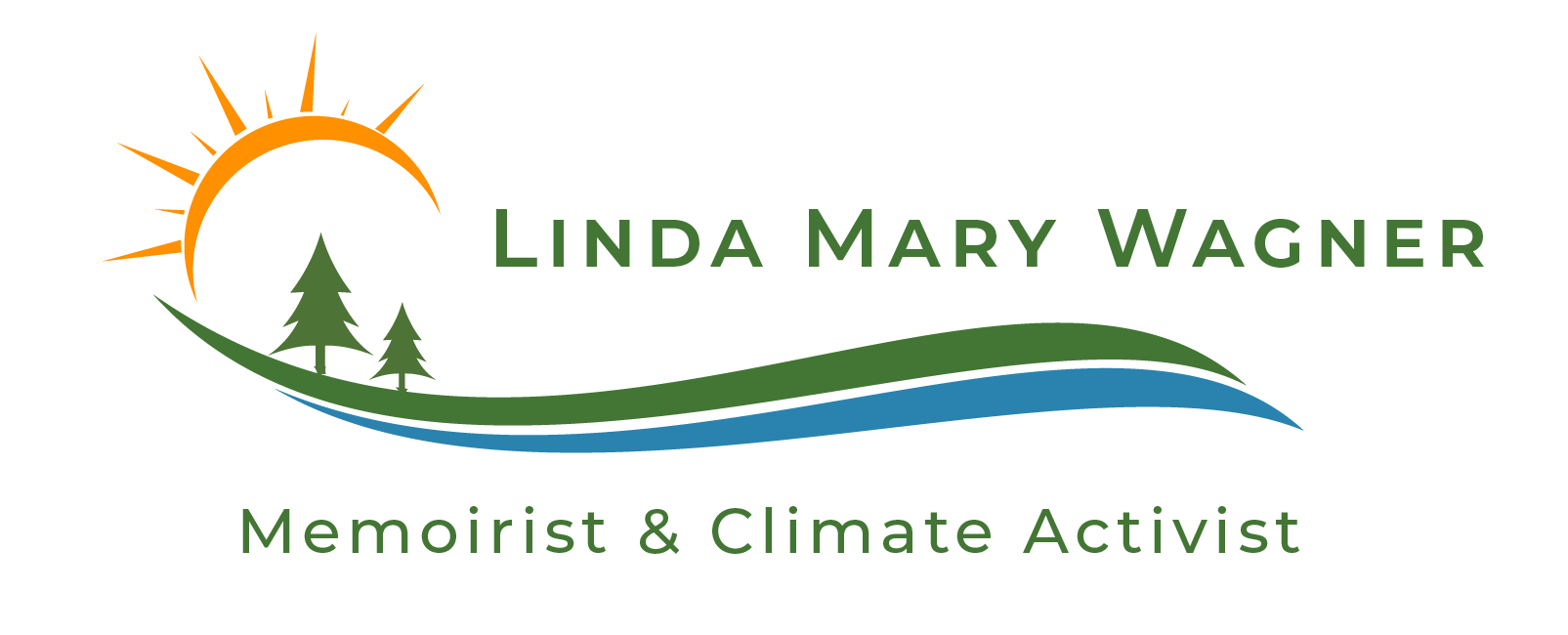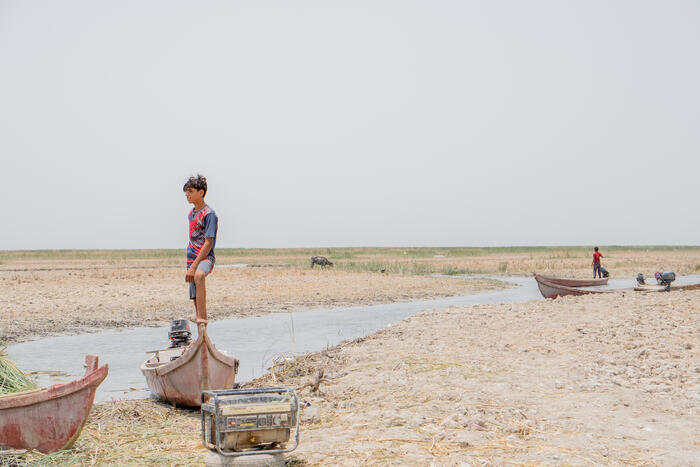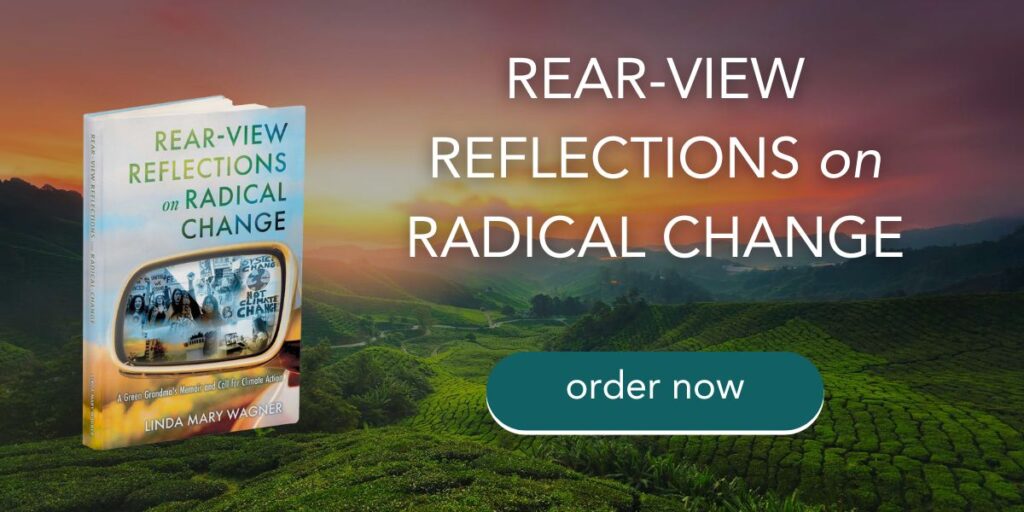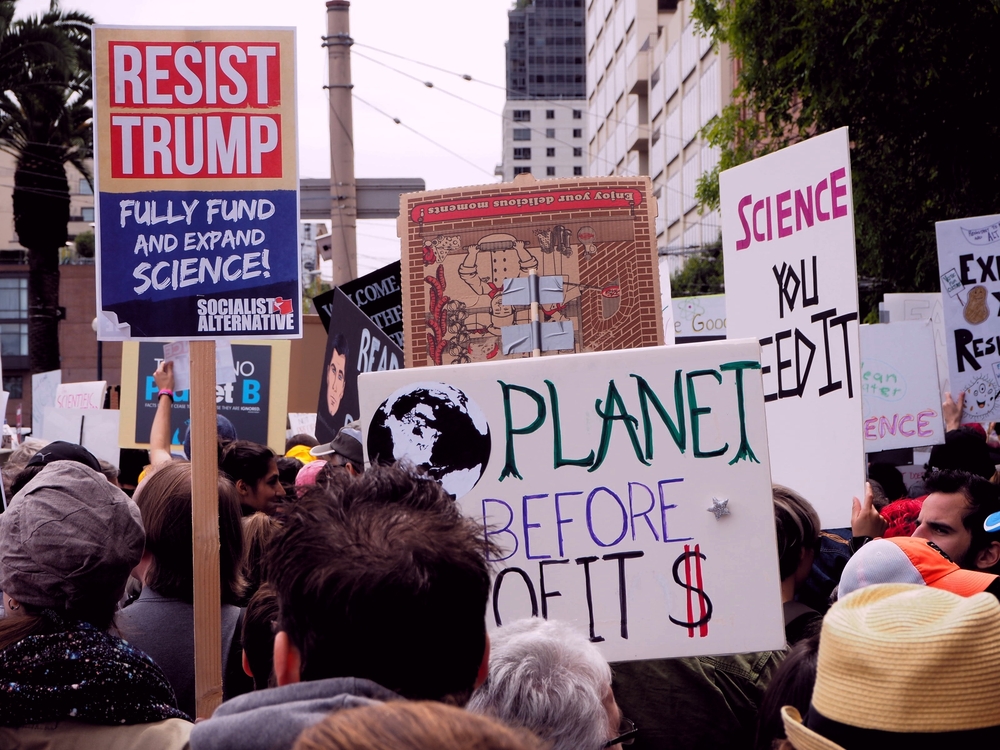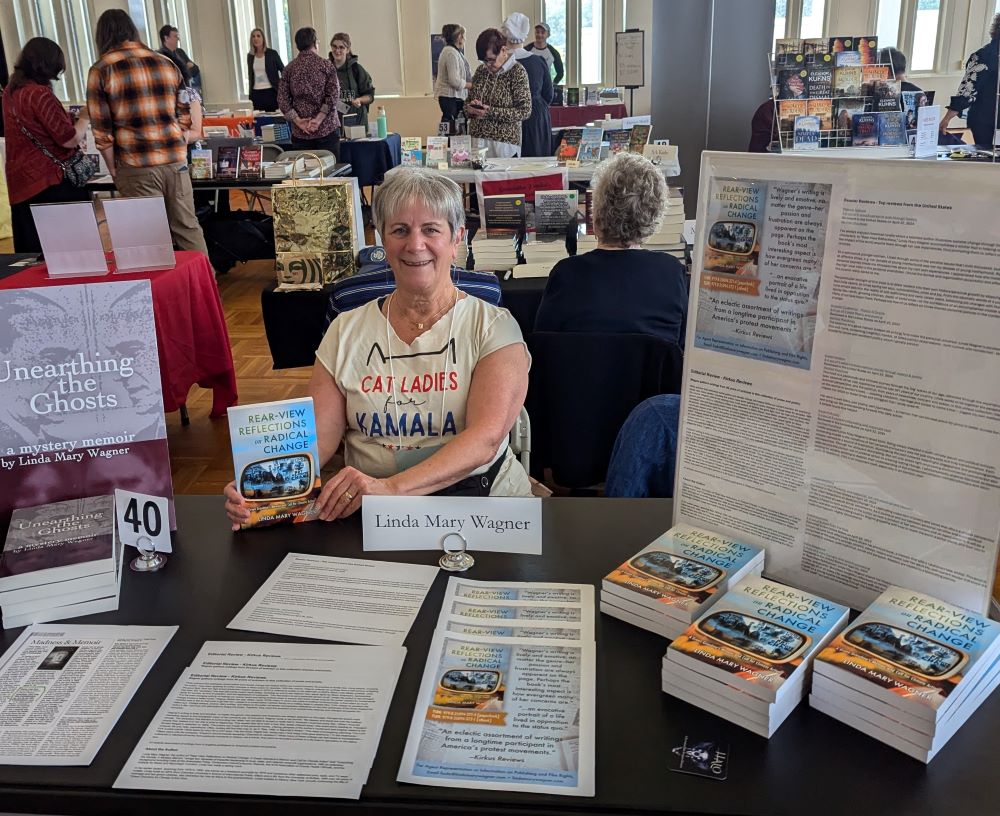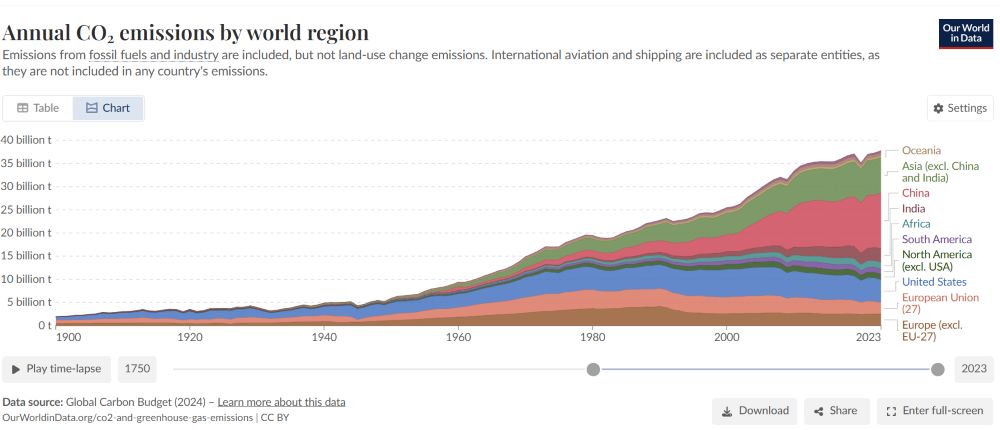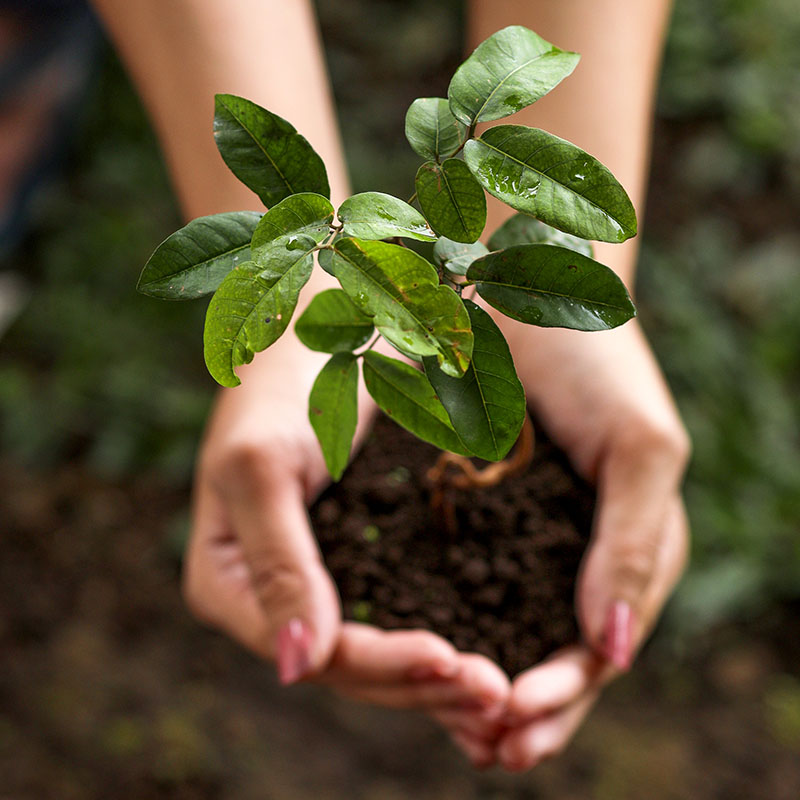On December 10, 1985, scientist Carl Sagan told a Congressional committee on climate change:
“If we don’t do the right thing now, there are very serious problems that our children and grandchildren will have to face. “
We did not do the “right thing” 38 years ago, or even five years ago. And now children and grandchildren throughout the world are reaping the consequences of our failure to halt or reverse the greenhouse gas effects from fossil fuel burning and avoid catastrophic waves of heat, wildfire, and floods that hit hard in many regions across the globe in the summer of 2023.
It will likely be many weeks or months before we learn the excess death toll related to the heat, fires, and floods we’ve seen so far this year. But the impacts of weather disasters spurred by climate change has grown clearer in some of the world’s most vulnerable areas. The New York Times produced a multi-media series of alarming news stories recently that drove home the results.
Those Hardest Hit by Climate Catastrophe
While wildfires across eastern Canada caused New York City to witness orange skies and the Midwest USA to endured hazardous smoke for days, the effect was far worse for indigenous people, such as Cree and Waswanipi in northern Quebec. Most of these tribal populations, who rely on the natural wealth of forests for their livelihood, have had to evacuate their homes at least five times since the fires began this spring. These groups are so vulnerable because they live in remote areas with few resources for firefighting and few roads for access in and out of their communities. The fires have destroyed record amounts of territory – since May, at least 47,000 square miles of forest have burned.
Canada was not on the list of the five nations most vulnerable to climate change. But the summer 2023 heat, fire, drought, and floods had an historic impact on parts of Mexico, Pakistan, India, the Mediterranean and the Middle East. The region we once called the “Fertile Crescent” or Mesopotamia is “turning to dust,” said the New York Times. The Euphrates River that once flowed strong through a lush area believed to be the biblical Garden of Eden has shrunken to a mucky stream in many places. A part of Iraq the size of Florida has been reduced to “blowing desert sands.” Where farms in 2003 still sported plentiful, productive date and fig trees and cattle and sheep grazed in grasslands, the heat has rapidly increased and dried up water and feed supplies. Iraq finds itself battling with its neighbors in Turkey and Iran over water being rationed in barrels.
In Iran, where temperatures in some areas have risen as high as 123 degrees Fahrenheit (50 Celsius), the government forced a national shutdown to reduce the strain on the electrical grid and the risk of heat stroke in people and animals.
Climate Refugees Suffer More But All Are Affected
In 1985, Carl Sagan warned the U.S. government that the early impacts of climate change would be uneven, with some regions and populations suffering more than others. In Iraq, a population that, over recent decades, has quadrupled while temperatures have skyrocketed is experiencing outbreaks of typhoid, hepatitis A, and cholera. Meanwhile, a long-lasting heat dome that covered a huge section of the American Southwest this summer had led to hiker deaths, a significant increase in heat-related emergency room visits, and a high demand for cooling centers. As the heat dome in the USA lifts or fires are extinguished, the heightened public concern of Americans may evaporate like the Euphrates River.
But Iraqis who once thrived near the Euphrates, or Canadian tribal groups, or villagers elsewhere whose homes were washed away by floods – these people have become climate refugees, as have thousands of people in many other regions globally. Charles Ireland of the World Resource Institute said recently, “No countries, even the rich countries, are adapting to climate change to the degree they need to.”
Radical Change in Perspective Needed

of climate threats in 1985.
Let’s turn back again to Carl Sagan, who told us in 1985 that we must make a radical change in our perspective.
“What is essential for this problem is a global consciousness, a view that transcends our exclusive identification with the generational and political groupings into which, by accident, we have been born. The solution…requires a perspective that embraces the planet and the future, because we are all in this greenhouse together.”
It’s Up to Us Now
If nations and local governments don’t do enough, it’s up to individuals, non-governmental organizations, and the private business sector to rise to the occasion, better now than never.
In the interest of considering solutions as well as problems, here is one company that claims dedication to fossil fuel reduction – Trane Technologies, currently focused on making commercial buildings more efficient and sustainable in their use of energy. In this One Planet podcast you can hear about Trane’s goals. Please note, this is not an endorsement of this company’s products or services, simply an example of ideas, goals and technologies worth pursuing.
